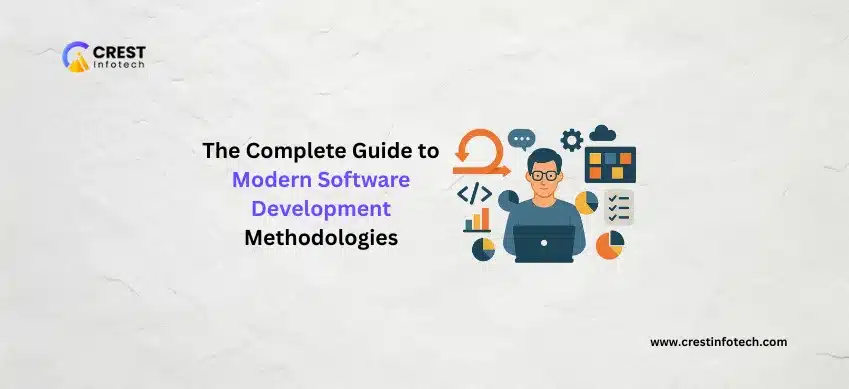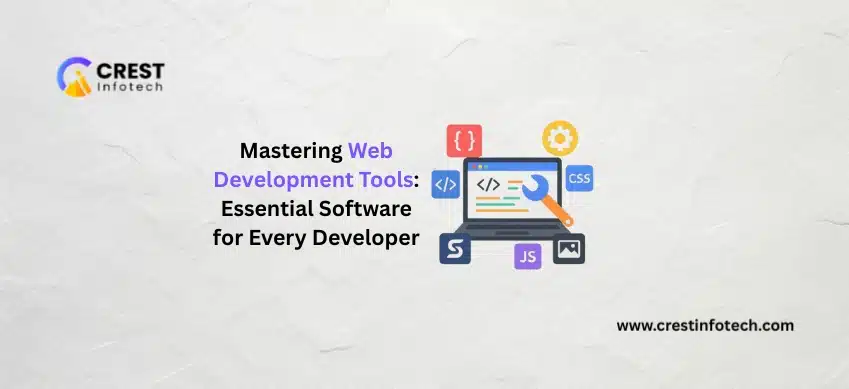Software development has evolved significantly over the years. With diverse methodologies now available, teams can choose the approach that best fits their goals, team structure, and project complexity. Understanding these methodologies helps organizations stay efficient, flexible, and competitive in an ever-changing tech landscape.
1. Waterfall Model
The Waterfall model is one of the oldest methodologies, following a linear, sequential process.
- Each phase must be completed before the next begins
- Ideal for projects with clearly defined requirements
- Commonly used in government and regulated industries
2. Agile Development
Agile is a flexible, iterative approach that emphasizes collaboration and customer feedback.
- Breaks development into short sprints (usually 1–4 weeks)
- Encourages continuous delivery and adaptation
- Popular frameworks: Scrum, Kanban, Extreme Programming (XP)
“Agile thrives in fast-paced environments where requirements change frequently.”
3. Scrum Framework
Scrum is a specific Agile framework with clearly defined roles and ceremonies.
- Scrum Master, Product Owner, and Development Team
- Core practices include sprint planning, daily stand-ups, sprint reviews, and retrospectives
- Focuses on delivering potentially shippable increments at the end of each sprint
4. Kanban Method
Kanban visualizes workflow to limit bottlenecks and improve efficiency.
- Uses a board to track tasks through stages (To Do → Doing → Done)
- Emphasizes continuous delivery rather than sprints
- Work in Progress (WIP) limits prevent overload
5. DevOps Methodology
DevOps blends development and operations for faster, more reliable software delivery.
- Focuses on automation, continuous integration (CI), and continuous deployment (CD)
- Bridges gaps between dev teams and IT operations
- Key tools: Jenkins, Docker, Kubernetes, GitLab CI/CD
“DevOps creates a culture of collaboration, speed, and quality.”
6. Lean Software Development
Originating from lean manufacturing, this method focuses on value and waste reduction.
- Deliver only what the customer needs, when they need it
- Emphasizes fast delivery and continuous learning
- Core principles: eliminate waste, build quality in, optimize the whole
7. Hybrid Approaches
Many teams blend methodologies to suit their workflow and business needs.
- Agile + DevOps for flexibility and automation
- Scrum + Kanban (Scrumban) for structured flow with visual tracking
- Custom processes tailored to team maturity and project type
“There’s no one-size-fits-all. Modern teams often mix methods to stay productive and adaptive.”
Final Thoughts
Choosing the right software development methodology depends on your project goals, team size, and desired flexibility. Whether you follow Agile, DevOps, or a custom hybrid, the goal remains the same: build high-quality software efficiently and collaboratively.



